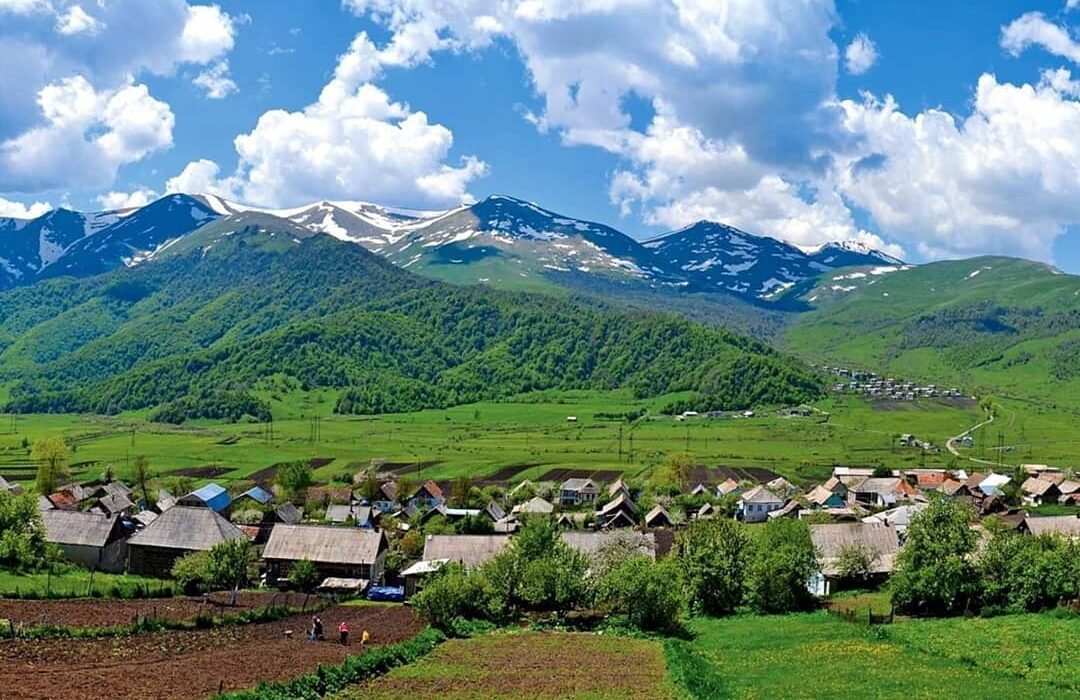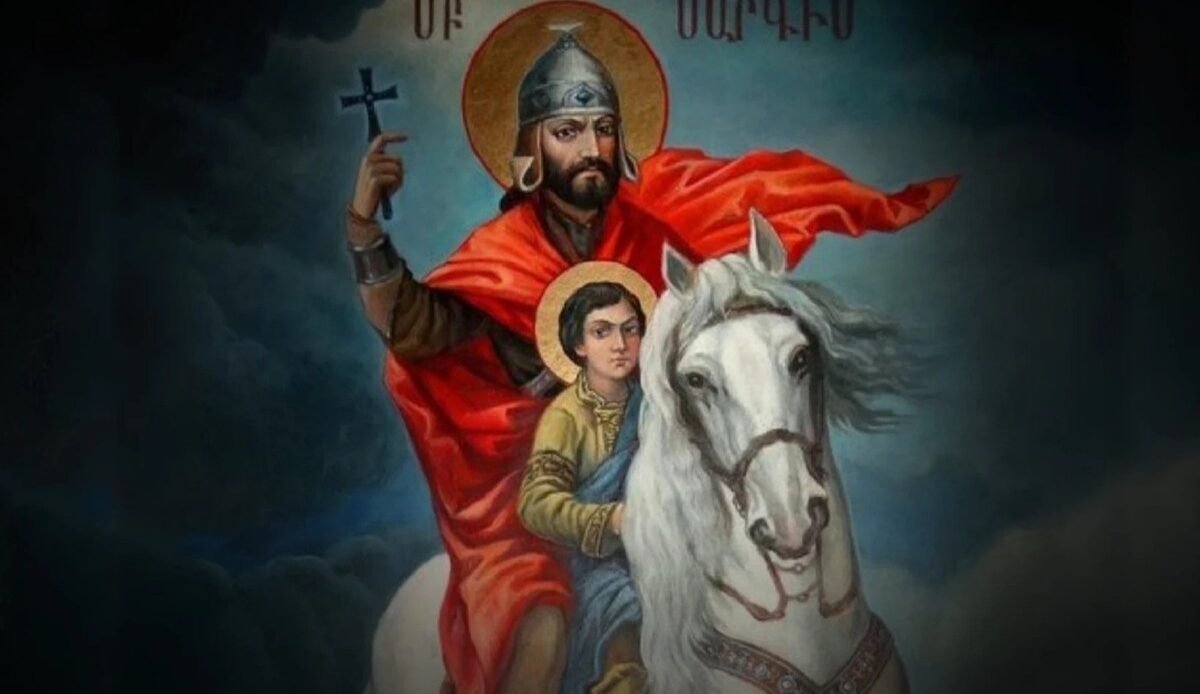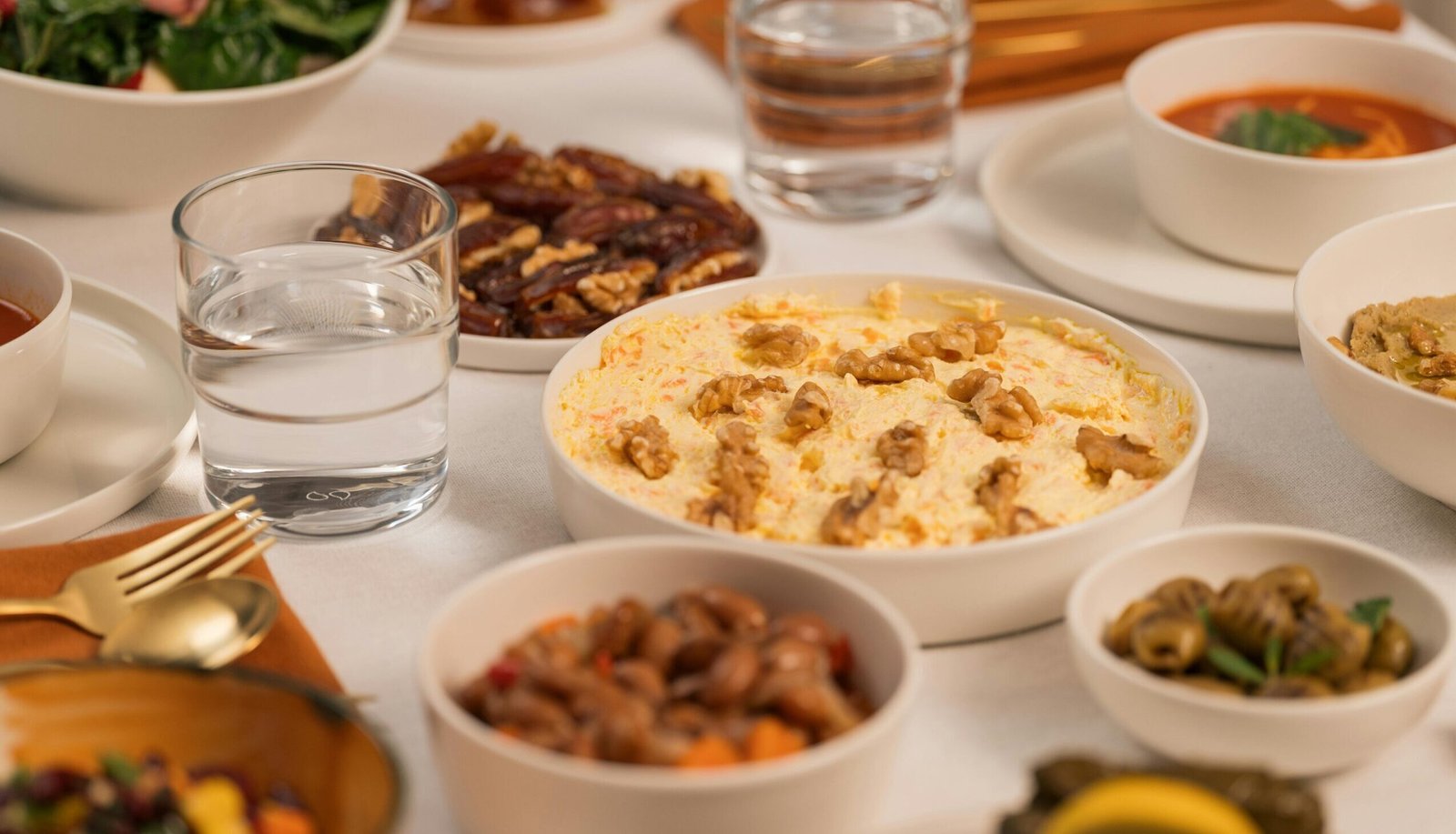Molokan Communities in Armenia: History, Faith & Identity
Molokans, a Russian spiritual Christian community, have been present in Armenia for nearly 200 years. Their presence was established during the 1820-1830s, within the framework of the Tsarist authorities’ policy of resettling segments of the population with beliefs differing from Orthodox Christianity in the Caucasus. The aim of this resettlement was to isolate Molokans from the Orthodox population while populating newly acquired territories of the empire.
The name “Molokan” comes from the Russian word “молоко” (“milk”), as the group used to drinking pure milk during Orthodox fasting periods and considered "heretical" for rejecting the rituals of the established church. They arrived in Armenia bringing with them not only their religious traditions, but also a strong work ethic, an organized communal lifestyle, and deeply rooted social ties.
SEMYON UKLEIN - FOUNDER OF MOLOKANISM
Semyon Uklein (1727–1809) is widely regarded as one of the key founders of the Molokan faith. Born in the Tambov province of Russia, Uklein initially followed the Dukhobor movement. His path took a pivotal turn after marrying the daughter of Ilarion Pobirokhin, the Dukhobor leader. Eventually, Uklein parted ways with the Dukhobors and began shaping a new spiritual doctrine—the Molokan belief system. Grounded solely in the teachings of the Bible, it rejected church hierarchy, the veneration of icons, and ritual formalities, offering a radically simplified and deeply personal approach to faith.
HISTORICAL BACKGROUND
In 1805, Alexander I granted certain rights and freedom of movement to followers of various religious denominations and movements in Russia, which led to the implementation of a resettlement program in the Caucasus. In the 1830s, under Nicholas I, this process continued, involving Molokans, Dukhobors, and other communities. Nicholas I granted exemption from military service in exchange for their participation in the resettlement program. They were mainly resettled in the regions of Lori, Sevan, Dilijan, and Zangezur. In 1844, Mikhail Vorontsov, the Viceroy of the Caucasus, paid special attention to the resettlement of Molokans in Eastern Armenia. As a result of this policy, several Molokan-inhabited villages were established.
CULTURE AND FAITH
Molokans reject religious hierarchy, the veneration of icons, and the worship of the cross. They place importance on Easter and Passover and adhere to endogamy, often avoiding marriage outside their community. Most Molokan children in Armenia attend Russian-language schools.
COMMUNITIES
Fioletovo (formerly Nikitino)
Located in the Lori Province, the village of Fioletovo was founded in 1842 by Molokans exiled from the Tambov region. In 1936, it was renamed after revolutionary Ivan Fioletov. Today, Fioletovo remains the only village in Armenia where Molokans constitute the majority. The residents mostly engage in forestry, beekeeping, and grain farming. In 2023, a Molokan heritage museum was opened here. A smaller local heritage center known as “Chaybushka” also operates in the village.

Lermontovo
Not far from Fioletovo lies Lermontovo, another Molokan-founded village. It has preserved its traditional wooden architecture. A Russian-language eight-year school operates in the village. The youth is actively involved in the local economy.
Semyonovka
Semyonovka is located in the highlands of Gegharkunik Province and was founded in 1845. The village lies near the Dilijan Mountain pass at an altitude of 2,114 meters above sea level. Molokans here are known for their traditional handicrafts, often sold at local fairs. Despite some emigration, the community remains united.

Medovka
Medovka, in the Lori Province, was founded between 1828-1829. The village name is associated with wild bee hives in the nearby hills. Homes were built in traditional Russian village style-with wooden walls and wide roofs. To this day, communal work is common, with villagers sharing agricultural tools and helping one another with household tasks.
INTERESTING FACTS ABOUT MOLOKANS
🪶 Molokans reject crosses, icons, and elaborate church ceremonies, believing solely in the Word of God and the Holy Scripture.
🪶 They abstain from alcohol, tobacco, and pork. Many do not watch television.
🪶 Due to their pacifist beliefs, Molokans traditionally did not serve in the military.
🪶 Endogamy is common-Molokans often avoid marrying outside their faith.
🪶 While their numbers in Armenia have declined due to emigration and assimilation, Fioletovo remains a cultural hub for the Molokan heritage.



